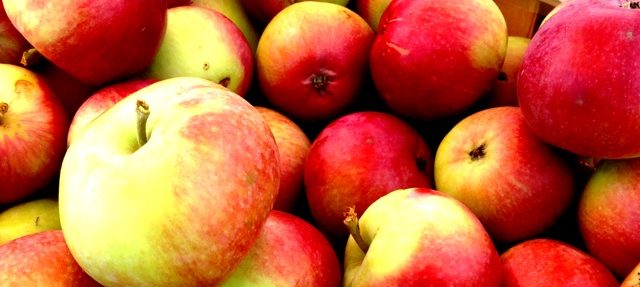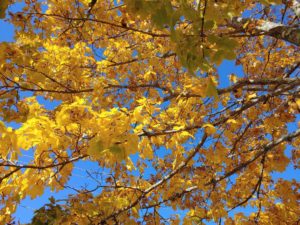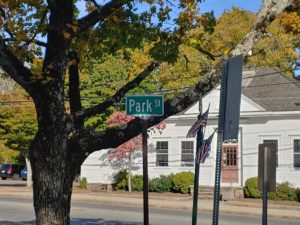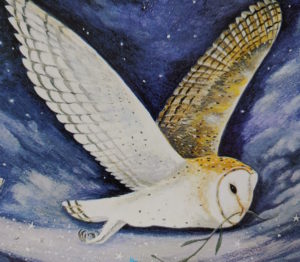God in my hoping
The small park across from my grandparents’ house had seven trees – tall, with limbs just low enough to reach, strong enough to bear my weight, offering a few comfortable places to sit and enjoy the view. I loved the climbing, and I loved taking in my own little piece of the world from a leafy perch. The rough feel of bark and the constant, gentle swaying were so different from my usual feet-on-the-unbending-ground reality. Mindfulness was a tree climbing requirement; carelessness was rewarded with a quick and sometimes painful return to the dust of the earth. I loved the trees all the more for spending time in their embrace, and I loved the ground all the more for spending time away from it.
Some people may consider hoping just day-dreaming, wishing against all good sense that gravity won’t shatter the ideas we throw into the air. I think it’s much more tangible. Hoping is tree climbing. It’s making an effort to leave behind the well-trodden ground and usual vantage point, to find a resting place that bends and sways and moves me even when I am at rest. True hoping requires mindfulness if it is to be more than wishing. But like climbing a tree, it offers something for the effort: love for the time spent in its lofty embrace, and greater love for the grounded daily life for being away from it. If it ends in greater love for the effort, God is in my hoping indeed.
[Photos by Jared Fredrickson]










